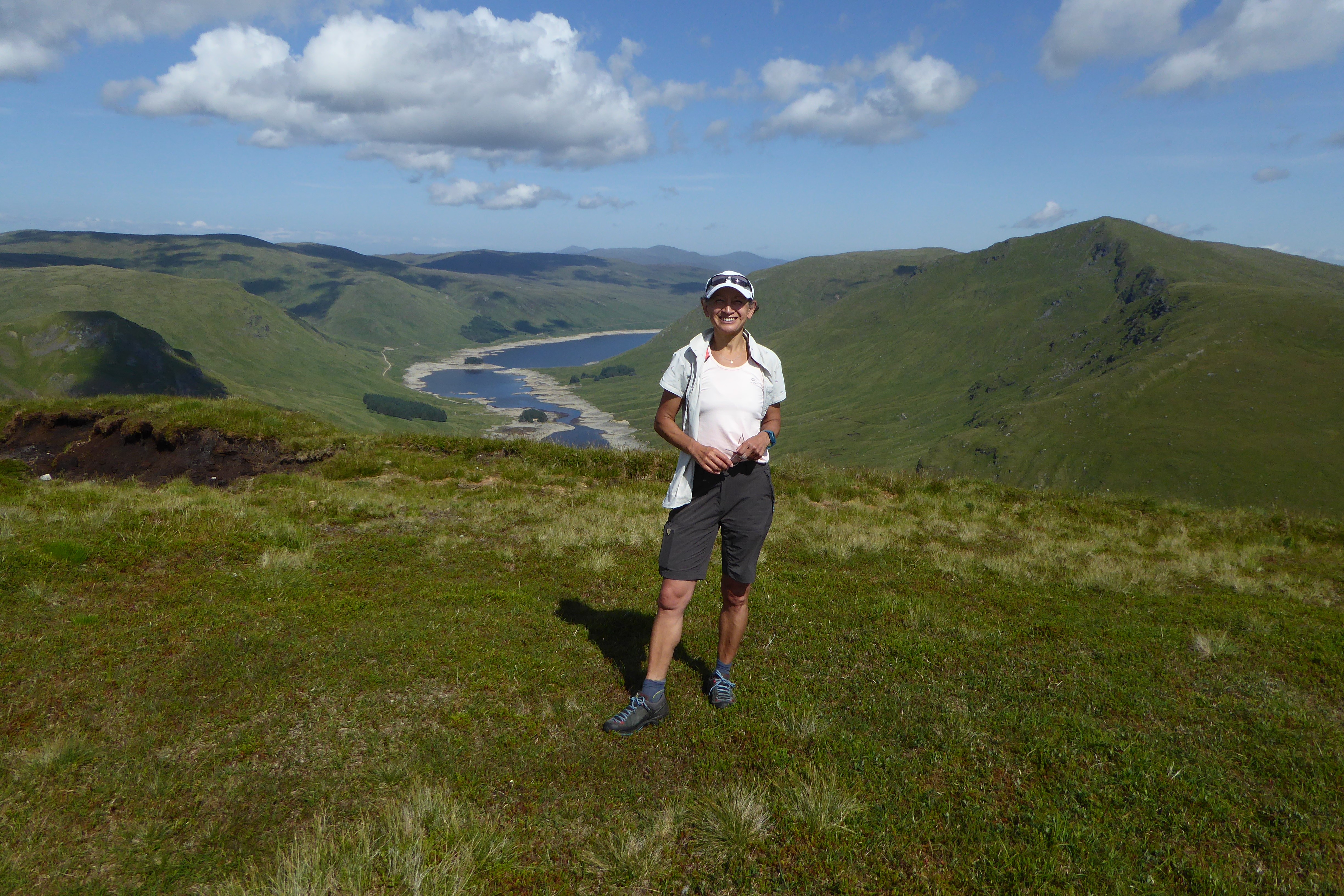Professor Emmanuelle Tulle from Glasgow Caledonian University is one of the leading scholars in theorising how older sports people make sense of and manage the process of bodily ageing. She visited the Meaningful Sport podcast to share insights from her research in two movement subcultures, Veteran/Masters running and mountaineering.
Emmanuelle’s work often uses a life history approach, which allows for making connections between individual biographies and the historical and structural features that allow or hinder developing ‘careers’ in physical cultures. With ‘career’, reference is not made to elite sports, but to any long term pursuit of sport or physical culture practices that require time, resources and commitment.

In the first half of our conversation, we focus on running in later life. Why are older individuals choosing to pursue serious running, despite the inevitable changes in performance due to bodily ageing? How do athletes construct meaning in sport in later life and how do they maintain their bodily capital?
Emmanuelle’s fascinating research on Veteran/Masters runners helps us to answer these questions. We also discuss the gendered construction of running careers in later life and the problems associated with the increasingly medicalised understandings of physical activity and ageing.
What are the alternative narratives that we can individually and collectively construct about ageing and PA/sports? What if we started to consider them “projects of freedom”, rather than “management of decline”?
Part 1 here:
The second part of our conversation moved to a more recent research project that Emmanuelle has conducted in women’s hillwalking and mountaineering. Being an avid hillwalker and “Munro-bagger” herself, she has unique insight into the bodily practice and stories that are being shared in this cultural context.
Historically, mountaineering has been a masculine space where women have been marginalised if not completely excluded. Yet, like in many other physical cultures, women’s participation has recently been increasing. But what allowed women to develop careers in mountaineering?
In the podcast, we also explore the ways that men and women draw on gender narratives to make meaning of their experiences on the mountains. Are men always competitive, individualistic and heading to the summit, and women more focused on enjoying the experience and camaraderie?
And finally, we ask whether women’s presence in mountaineering constitutes a disruption of the masculine culture and are women-only clubs needed?
Part 2 here:
Articles we discuss in the podcast include:
Running to run: Embodiment, structure and agency amongst veteran elite runners
Becoming a hillwalker: incorporating history in understandings of physical activity
You must be logged in to post a comment.